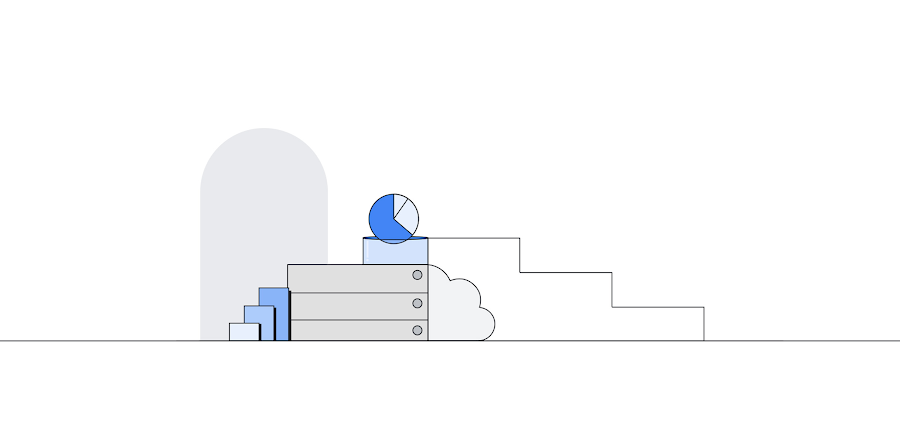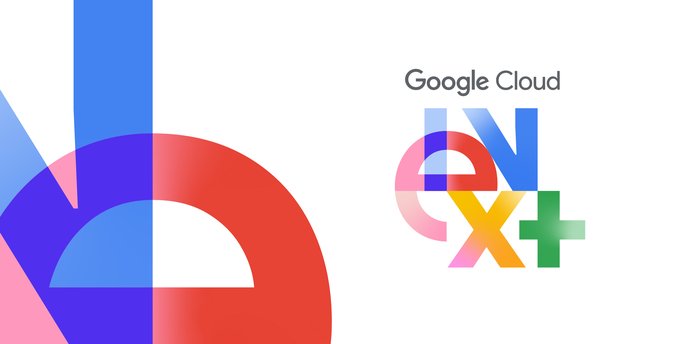Announcing general availability of Cloud Memorystore for Redis

Gopal Ashok
Product Manager, Memorystore
Today, we are excited to announce the general availability of Cloud Memorystore for Redis. This is a fully managed in-memory data store service built on Google’s highly scalable and reliable infrastructure. Cloud Memorystore automates complex tasks, such as provisioning, scaling, failover, and monitoring, so you can focus on your application, not your IT operations. It’s fully compatible with the open source Redis protocol, letting you migrate your applications to Google Cloud Platform (GCP) with zero code changes.
We’re also expanding Cloud Memorystore service to our Tokyo, Singapore and Netherlands regions to serve more users.
Cloud Memorystore is now supported in the following regions:
- Tokyo (new)
- Singapore (new)
- Netherlands (new)
- Oregon
- Iowa
- South Carolina
- Belgium
- Taiwan
Here’s an animated gif showing the three new regions in the “create an instance” flow:


Redis is one of the fastest-growing open source databases, providing sub-millisecond response time for all workloads by adding an in-memory caching layer. We announced the public beta of Cloud Memorystore earlier this year, and we’ve integrated your feedback into this generally available product. It’s now ready to serve your production workloads. Cloud Memorystore lets you take advantage of the scalability and flexibility of open source Redis to reduce latency and speed up application services.
Since beta, we have exposed a rich set of Cloud Memorystore metrics to Stackdriver, GCP’s monitoring and management tool, so that you can build dashboards for server-side monitoring and also create customized alerts. We have made performance improvements, added support for custom IAM roles, and made logging improvements so you can troubleshoot Cloud Memorystore backend issues easily. Customers across several industries have deployed Cloud Memorystore for Redis workloads for sessions and latency cache and Cloud Pub/Sub workflows. They have scaled to support their critical application workloads while getting our 99.9% availability assurance for standard tier instances.
We have partnered with OpenCensus and instrumented popular OSS client libraries so that you can automatically collect traces and metrics from your app and send them to a variety of backend monitoring tools, including Stackdriver. This helps to solve the common challenges of debugging client-side issues in your applications without metrics and traces. OpenCensus provides visibility into application performance by measuring API call times and providing this data via the Stackdriver dashboard. To check out this feature, simply go to the Stackdriver dashboard to see which API calls are running slowly.
You can learn more here from Google Cloud Next ‘18 about caching with Cloud Memorystore:

How Cloud Memorystore is working in production
During beta availability, we got great feedback from lots of customers from various industries—gaming, retail, airline, and more—who adopted Cloud Memorystore to achieve sub-millisecond latency and throughput for their application needs. Here are some of the stories we’ve heard about using Cloud Memorystore in practice.
NTT speeds up customer response with Cloud Memorystore
NTT Communications, a global provider of information and communications technology solutions, was one of our early adopters for Cloud Memorystore. NTT Communications provides cloud services to their clients, and had been using a legacy admin server to manage their entire cloud environment. With a new initiative to modernize infrastructure and reduce IT costs, they are moving their entire admin server environment to a Google Kubernetes Engine-based architecture with a Cloud Memorystore-based caching layer. They will be able to respond faster to customer requests with the session logs from Cloud Memorystore.
“Our goal is to reduce our management costs by introducing GCP's managed Redis. Storing sessions to provide faster response to customer requests is extremely critical for our business,” says Yuichi Uemura, manager of cloud services, NTT Communications. Cloud Memorystore will allow us to fully leverage the power of Redis without spending time on administrative tasks to manage Redis.”
Because the team was already using OSS Redis, they can simply lift and shift their services to Cloud Memorystore without changing any application logic. You can see here how their architecture is now structured:


Mixpanel offers scalable product analytics with Cloud Memorystore
Mixpanel offers a product analytics platform for developers of mobile and web applications. Using that information about how users interact with their apps, product teams and leaders can improve app quality.
One of the key services Mixpanel provides is Live View, which allows customers to view events coming into their Mixpanel project in real time. Redis is a key component of this service, handling hundreds of billions of events every month.
"Given how versatile Redis is, we use it to power a bunch of infrastructure components at Mixpanel,” says Aniruddha Laud, tech lead manager at Mixpanel. “Offloading the complexity of managing Redis to Memorystore has allowed our engineers to focus more on the problem at hand and less on operations."
By using GCP services like Google Kubernetes Engine and Cloud Memorystore, Mixpanel is able to focus more on business and application problems and fulfill its customer promise.
All About modernizes, speeds content delivery with Cloud Memorystore
All About is a content platform provider that connects content to consumers, with offerings that include marketing support, education courses, tourism and an online marketplace. In order to provide high-quality content to consumers in real time, All About chose GCP to modernize their platform infrastructure. Their platform is written in PHP with a MySQL backend database. By deploying Cloud Memorystore to store the sessions in the caching layer, they are expecting to provide richer content to consumers in real-time.
“We have been using Google products: G Suite, Google Analytics 360, Google Cloud Platform, and we were very satisfied with the innovation that technology brought to us,” says Shingo Terakado and Haruki Amakasu, All About, Inc. “We chose GCP to transform our infrastructure and brought much more innovation to our platform."


Getting started with Cloud Memorystore
You can try Cloud Memorystore (and the rest of GCP) when you sign up for a $300 credit. Start with inexpensive basic instances for testing and development, then scale them up to serve performance-intensive applications when you’re ready. You can learn more about getting started with Cloud Memorystore in this Next ‘18 session explainer.
We’re very excited to hit this milestone, and would love to hear more of your feedback. Let us know what other features and capabilities you’d like to see here. You can also join the conversation in the Cloud Memorystore discussion group.
Redis is a trademark of Redis Labs Ltd. All rights therein are reserved to Redis Labs Ltd.



